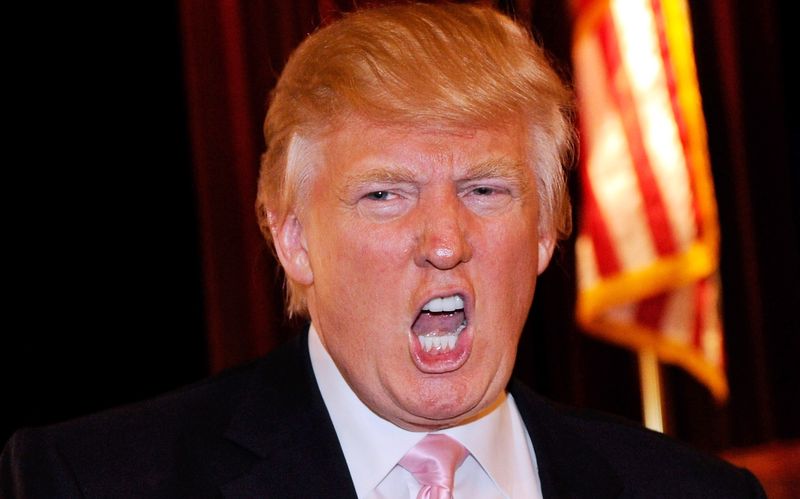Maybe berating your employees isn’t so smart
August 3, 20171.3K views0 comments

President Donald Trump is famous for his insults, so perhaps his habit of attacking subordinates should come as no surprise. He criticised Attorney General Jeff Sessions three days in a row last week, calling him “very weak,” blasting his conduct in the Russia investigation, and slamming him for not firing acting FBI director Andrew McCabe — who Trump also attacked, insinuating that he was corrupt. Trump also referred to the investigation into his firing of the previous FBI director as a “witch hunt” led by some “very bad and conflicted people,” in an apparent dig at deputy attorney general Rod Rosenstein.
Maybe there’s some hidden logic to Trump’s actions. But it’s almost never a good idea for a leader to publicly criticize his or her employees.
As a PR matter, this strategy is almost certain to backfire. People generally hold leaders accountable for what their organizations do. If a mistake happens on a chief executive’s watch, observers may fault that person for bad decision-making or for being out of the loop — but either way, they’ll expect the leader to take the blame. Singling out employees for censure looks like an attempt to shirk responsibility, and also appears petty and gauche. That only deepens the reputational damage to the leader and their organization.
Take the case of Wells Fargo. In 2016, it emerged that the company had opened more than 2 million accounts that weren’t requested by customers. The bank’s chief executive, John Stumpf, publicly blamed his employees — who, according to U.S. regulators, were trying to meet sales goals set by the bank — for bad behavior. Wells Fargo fired 5,300 people for improper practices.
Predictably, trying to scapegoat individual staffers for a system-wide problem only made Stumpf look like a bad leader. Senator Bob Menendez said it was “despicable” for Stumpf to shift the blame onto “low-paid retail bank employees,” while Elizabeth Warren excoriated his “gutless leadership,” adding: “This is about accountability. You should resign.” Their comments made national news. Stumpf retired a month later.
Volkswagen’s American CEO learned this lesson the same way. In October 2015, in the midst of an environmental scandal, Michael Horn told Congress that “a couple of software engineers” in his company were responsible for installing equipment designed to cheat emissions tests. His claim that a few rogue staffers put illegal devices in 11 million cars around the globe didn’t quite pass the sniff test. The company announced that Horn was leaving by “mutual agreement” five months later.
The only exception to this rule would be when an employee does something in his or her private life — such as committing a crime — that reflects poorly on his or her employer. Then, it would be appropriate for an organization to condemn the behavior and disavow the employee. (This only works, however, if done immediately. If an organization knows about allegations for a long time and only distances itself from the staffer when the offense becomes public, it will seem disingenuous.)
Attacking employees also tend to backfire internally, according to Helio Fred Garcia, president of Logos Consulting Group. “Ineffective leaders publicly call out or humiliate their people, either in the workplace or in more public settings,” he says. “This predictably causes all employees to lose confidence and trust in the boss. Especially when the public criticism seems arbitrary, petty or ad hominem, other employees will cringe and feel personally at risk.”
As a result, he says, employees will be less loyal. This can hurt their productivity and lead them to act out — for example, by leaking information to the press. Overall, Garcia says, attacking employees creates a “culture of backstabbing and chaos.” We’ve seen such chaos in the White House, with the abrupt departures of press secretary Sean Spicer, chief of staff Reince Priebus and communications director Anthony Scaramucci — all in a 10-day period.
To her credit, when she announced Scaramucci’s departure on Monday, White House Press Secretary Sarah Huckabee Sanders declined to excoriate him. “We wish him all the best,” she said.
Her boss could learn a lesson from that statement.
By Kara Alaimo, Courtesy Bloomberg
